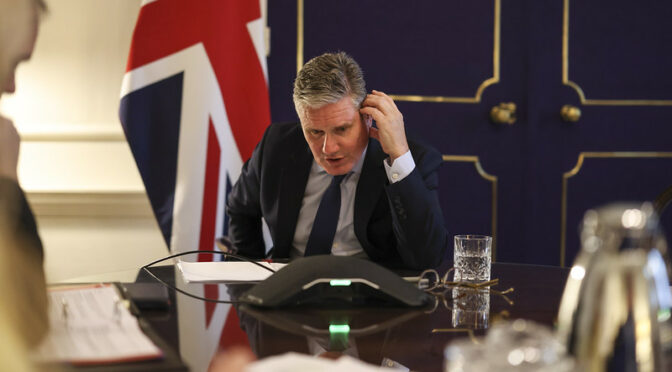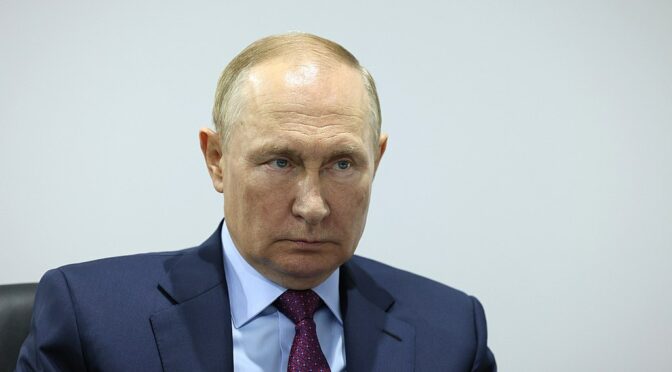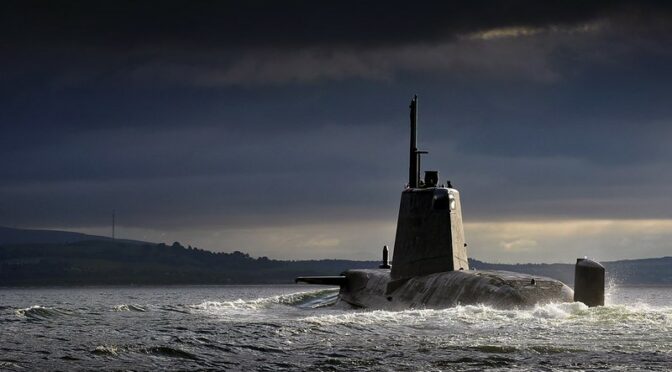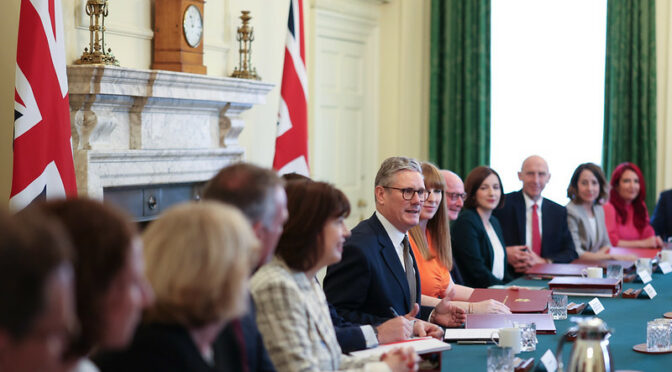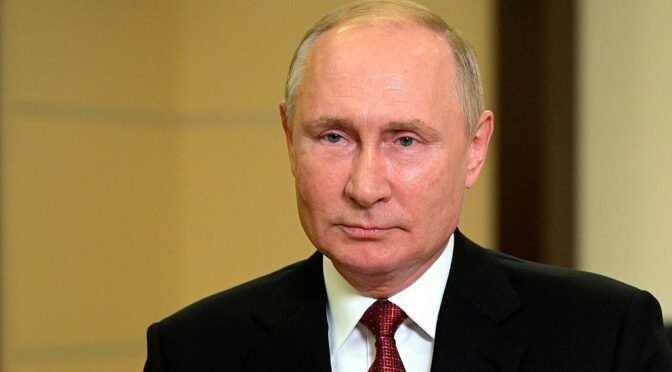Article published in The Daily Telegraph, 20 August 2024. © Richard Kemp
It looks like International Criminal Court justices will soon decide whether to issue arrest warrants against Israel’s Prime Minister and Defence Minister. The very prospect of this is nothing short of outrageous.
Successive ICC Chief Prosecutors have long had Israel in their crosshairs, and Hamas’s October orgy of mass murder, rape, torture and kidnapping gave British lawyer Karim Khan, the current incumbent, the pernicious excuse to move forward. Not against the Hamas terrorist perpetrators, of course, but against Israel.
To make the point that everyone is equal under the law, Khan requested arrest warrants concurrently for Hamas and Israeli leaders. That obviously would have zero effect on Hamas, already designated terrorists around the world and with absolutely nothing to lose. A meaningless, symbolic gesture – you might think.
But it is far, far worse than that. Creating a false equivalence between arch terrorists whose currency is blood and suffering and the leaders of a democratic state defending their people from attack is nothing short of morally bankrupt. It is like indicting Osama Bin Laden and President George W Bush at the same time. Or dragging Winston Churchill into the dock at Nuremberg beside Heinrich Himmler.
The High Level Military Group, ten former chiefs of staff, senior officers and cabinet ministers from Nato countries, of which I am a member, has submitted to the court a strong professional objection to Khan’s schemes. The HLMG, whose members are from the US, UK, Spain, France, Italy and Finland, were in Israel in July.
Among other military issues, we focused on Khan’s allegations that the Israeli ministers intentionally attacked civilians in Gaza and intentionally used starvation as a method of war. In our submission, Continue reading


